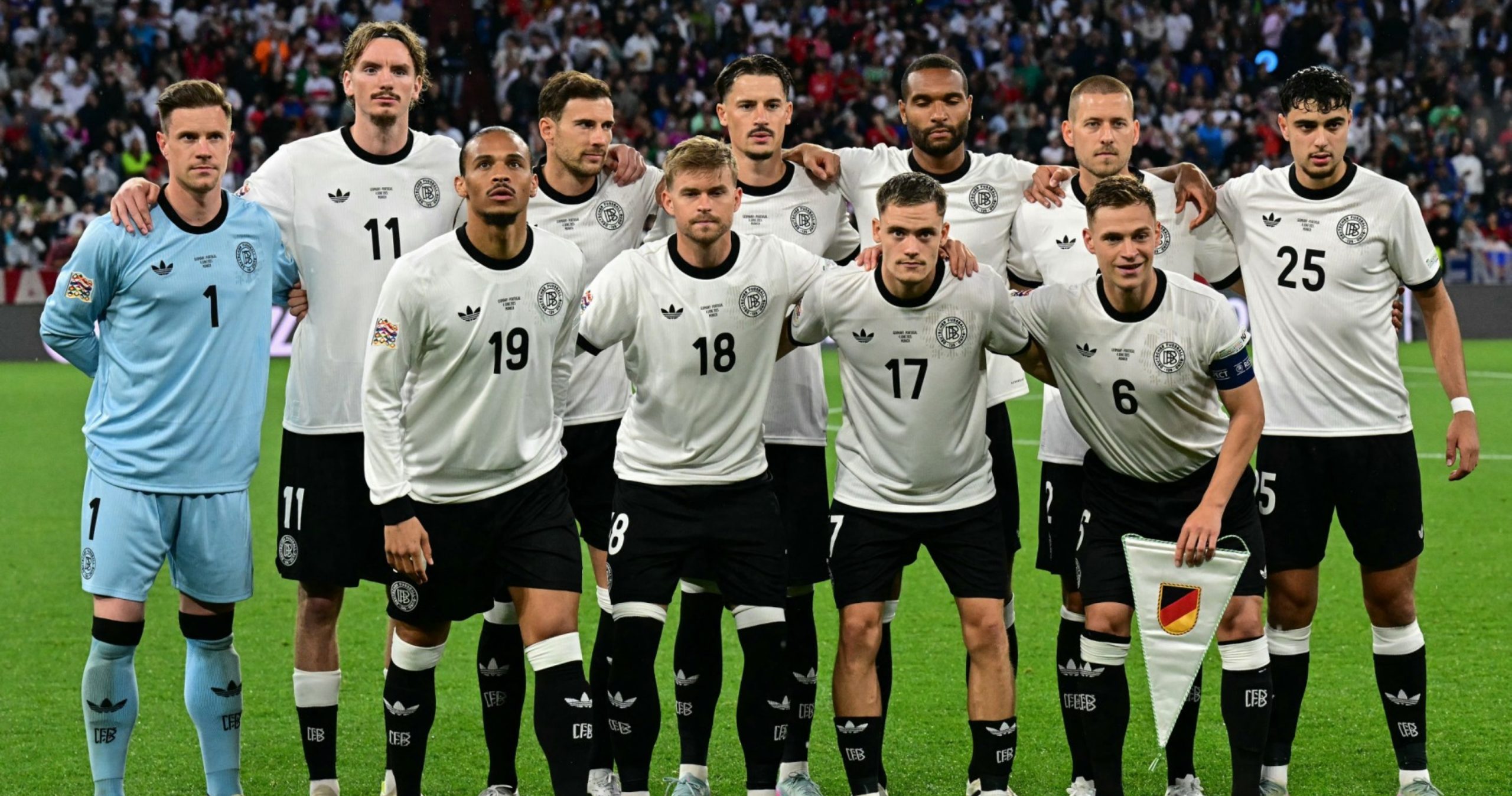International
Cancer drug cooperation could save 1.5 mn lives a year: researchers

AFP
Around 1.5 million lives could be saved every year if the world worked together to more swiftly approve new cancer drugs, researchers said Tuesday.
The figure was based on how long it took two recent cancer drugs to be approved across the world after they were given the green light by the United States.
Pembrolizumab, an effective treatment for most lung cancers, was approved by the US Food and Drug Administration (FDA) in 2016.
More than 600,000 years of patients’ lives could have been saved if Brazil, Canada, China, India, Japan and the European Union had approved the drug at the same time, according to an analysis published in the Harvard Business Review, which is not peer-reviewed.
The authors, including US oncologist Bobby Daly, also looked at enzalutamide, which is used to treat prostate cancer.
Enzalutamide was approved by the FDA in 2012, but was not authorised in China for another seven years, partly due to a requirement for separate trials to be carried out there.
The analysis by members of the Bloomberg New Economy International Cancer Coalition found that 284,000 years of patient lives could have been saved if other countries had approved the drug alongside the FDA.
Extrapolating out from their findings, the researchers estimated that if each of the approximately seven cancer drugs approved by the FDA a year were authorised worldwide, it would reduce the number of cancer-related deaths by 10-20 percent.
That represents roughly 1.5 million of the around 10 million people who die of cancer every year.
‘Challenging’ for doctors
“In China alone an estimated 500,000 patient life-years could be saved through harmonisation of trial requirements that have delayed patient access to treatment,” former Australian prime minister Kevin Rudd, co-chair of the Bloomberg cancer coalition, said in a statement.
Mary Gospodarowicz, also a member of the coalition, said that it was “challenging” as an oncologist in Canada when a drug was approved in the US but would take years to be able to prescribe it to her patients.
The study assumed that the rest of the world had the infrastructure to diagnose and treat cancer as well as the US, which is not always the case, Gospodarowicz told AFP via phone from the World Cancer Congress in Geneva on Tuesday.
But it served as an example of how “removing the barriers to drug approval would be beneficial to patients around the world,” said the former president of the Union for International Cancer Control, which is holding the congress.
The authors of the analysis called on countries to embrace Project Orbis, a US-led framework aiming to get cancer drugs trialled and approved at the same time in multiple countries.
“The US has already made significant progress in setting up the regulatory infrastructure for cancer treatment with the Project Orbis initiative and the task ahead is to take that framework and internationalise it,” former New York mayor Michael Bloomberg said in a statement.
International
Germany says football bodies alone will decide on possible World Cup boycott

The German Football Association (DFB) and FIFA will decide with full “autonomy” whether to boycott the upcoming World Cup, which will be hosted mainly by the United States in six months, following threats made by former U.S. president Donald Trump, the German government told AFP on Tuesday.
Trump has threatened to seize Greenland and impose higher tariffs on European countries that oppose the plan, raising political tensions between the United States and Europe.
“This assessment therefore lies with the relevant federations, in this case the DFB and FIFA. The federal government will respect that decision,” Sports State Secretary Christiane Schenderlein said in a statement emailed to AFP.
AFP had asked the German government about the possibility of a boycott of the World Cup to be jointly hosted by Canada, the United States and Mexico from June 11 to July 19.
“The federal government respects the autonomy of sport. Decisions regarding participation in major sporting events or possible boycotts fall exclusively within the responsibility of the relevant sports federations, not the political sphere,” said Schenderlein, a member of the conservative CDU, the party of Chancellor Friedrich Merz.
International
Daily Mail publisher insists reports relied on legitimate sources amid privacy trial

Two British tabloids accused of phone hacking and other forms of “unlawful information gathering” against Prince Harry and six other individuals, including singer Elton John, insisted on Tuesday that their reporting relied on legitimate sources.
Associated Newspapers Ltd (ANL), the publisher of the Daily Mail and The Mail on Sunday, sought to rebut allegations of privacy violations through illegal methods on the second day of trial at London’s High Court, following a lawsuit filed by the seven claimants.
Prince Harry, 41, who attended court hearings on both Monday and Tuesday, could be called to testify starting Wednesday in a trial expected to last up to nine weeks.
Lawyers for the claimants said the alleged illegal activities took place between 1993 and 2011, with some incidents reportedly extending as late as 2018. They argue that the tabloids hired private investigators to intercept phone calls and obtain confidential information, including detailed phone records, medical histories, and bank statements.
However, Anthony White, counsel for ANL, told the court that the trial would show the company presents “a compelling account of a pattern of lawful source acquisition” for its articles.
White added that the claims would require the court to believe that journalists and staff at the tabloids had engaged in widespread dishonesty, which the company strongly denies.
International
Death toll from southern Spain train crash rises to 40

The death toll from the train accident that occurred on Sunday in southern Spain has risen to 40, according to investigative sources cited by EFE on Monday afternoon.
Since early Monday, search operations have focused on the damaged carriages of a Renfe train bound for Huelva, which collided with the last derailed cars of an Iryo train traveling from Málaga to Madrid after it left the tracks.
The crash has also left more than 150 people injured. Of these, 41 remain hospitalized, including 12 in intensive care units at hospitals across the Andalusia region.
More than 220 Civil Guard officers are working at the site, searching the railway line and surrounding areas for key evidence to help identify victims and determine the causes of the accident.
The tragedy has revived memories of the deadliest railway disasters in Europe in recent decades. In Spain, the most severe occurred on July 24, 2013, when an Alvia train derailed near Santiago de Compostela, killing 80 people and injuring 130 others.
At the European level, the worst rail disaster took place on June 3, 1998, in Eschede, northern Germany, when a high-speed train struck a bridge pillar at 200 kilometers per hour, resulting in 98 deaths and 120 injuries.
-

 International4 days ago
International4 days agoU.S. deportation flight returns venezuelans to Caracas after Maduro’s ouster
-

 Central America2 days ago
Central America2 days agoGuatemala prison uprisings leave 46 guards held by gangs
-

 International1 day ago
International1 day agoDeath toll from southern Spain train crash rises to 40
-

 International4 days ago
International4 days agoCanada accuses Iran of killing its citizen during anti-government unrest
-

 Central America1 day ago
Central America1 day agoGuatemala raises police death toll to nine after gang violence escalates
-

 International4 days ago
International4 days agoSheinbaum highlights anti-drug gains after U.S. says challenges remain
-

 International1 day ago
International1 day agoOver 160 christian worshippers kidnapped in Kaduna Church attacks
-

 International2 days ago
International2 days agoChile declares state of catastrophe as wildfires rage in Ñuble and Biobío
-

 International4 days ago
International4 days agoFormer South Korean President Yoon sentenced to five years in prison
-

 International9 hours ago
International9 hours agoGermany says football bodies alone will decide on possible World Cup boycott
-

 International1 day ago
International1 day agoSpain’s Prime Minister pledges transparency after train crash kills at least 39
-

 International9 hours ago
International9 hours agoDaily Mail publisher insists reports relied on legitimate sources amid privacy trial


























